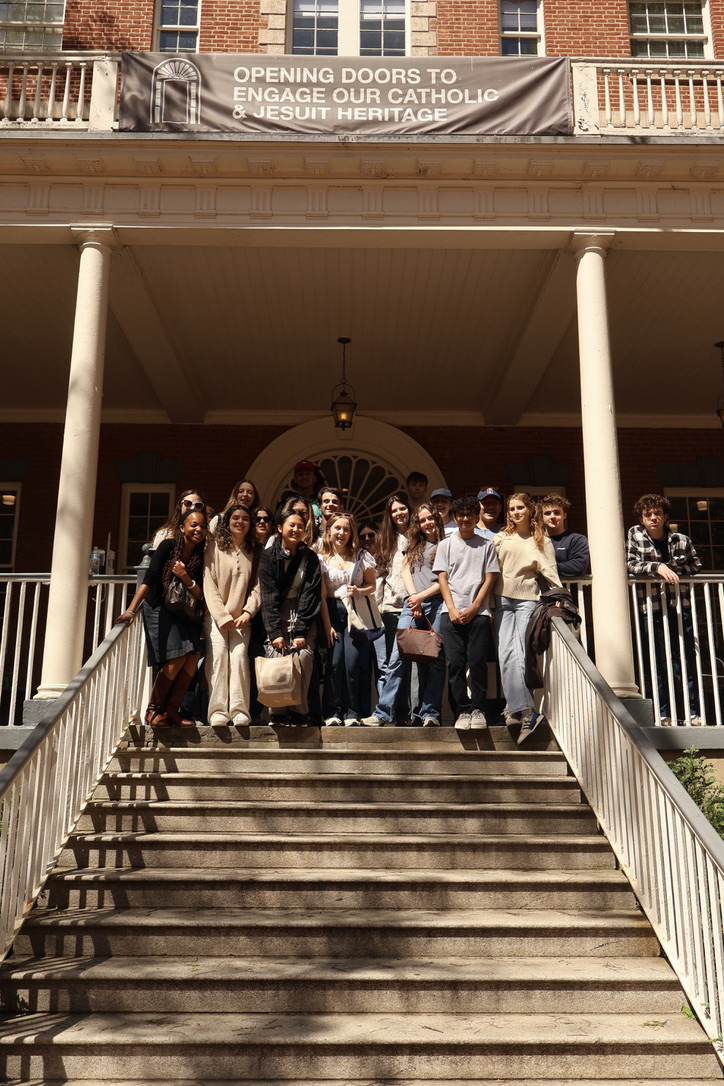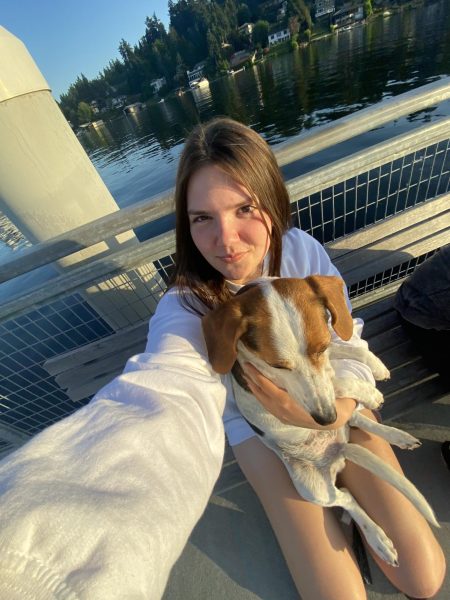Mondays at the School for Ethics and Global Leadership (SEGL) mostly look like Lakeside’s: time for Precalculus, English, U.S. History, and lunch. But before school can even begin, instead of quickly stopping by the WCC for a breakfast sandwich, all 24 of us students meet in the common room on the first floor to participate in an activity on-point for a semester-away school in D.C.: a political spectrum.
Unlike the usual political spectrum that most people are familiar with — where conservative ideas are on the right and liberal ideas are on the left — these political spectrums don’t necessarily have anything to do with politics. Because each week at SEGL is centered around a different case study, the questions at each end of the spectrum are related to the ethics of each case. During our 2nd Amendment case study, one of our spectrum activities was about the probability of gun ownership during our lifetime, with one end being “I will never own a gun in my lifetime” and the other being “I plan to own a gun in my lifetime.”
Often the questions aren’t mutually exclusive, and you may find yourself agreeing with both sides, forcing you towards the middle. During our Critical Race Theory and Affirmative Action case study, one end of the spectrum was “White people should be proactive in learning from people of color,” while the other end was “People of color are not obligated to educate white people.” Depending on your belief, you then moved around and watched as your ideological differences between your classmates become a physical difference in the room. Whoever was the farthest on each end shared their perspective, and then a few people in the middle volunteered to talk. It’s a bit like being in a Jubilee video — except with your friends and peers, whom you can’t exactly abandon after you get your check for participating.
Before coming to D.C., I had participated in political spectrum activities. I remember being asked in middle school if I was a Republican or a Democrat — five years before I would even have the chance to decide at the voting polls. What did they actually want to know? How I felt about the current ongoing border crisis and our need for immigration policy reform? How I felt about the handling of a global pandemic? The discussion around Critical Race Theory in schools? If so, they never asked.
Nowadays, even at a school where the majority of students can’t vote and therefore can’t identify with any particular political party, we often use “Democrat” or “Republican” as a shorthand for discussions on topics that should never be discussed with a shorthand in the first place. Today, the terms determine your stance on abortion, immigration, gun reform, climate change, and everything in between. In an environment where we use political affiliations to act as probability meters on a variety of issues, there is no chance for the political spectrum we do at SEGL and certainly no discussion for inter-party conflicts, such as divided support for Biden’s support of Israel amongst Democrats. Before the question has even been asked, we are already sitting down.
In a state and a city where 1.4 million out of 2.5 million identify themselves as Democrats, and at a school where the majority of its student population identifies similarly, we owe a consideration of nuance not only to those who tend to have more conservative viewpoints but to any student who has any sort of opinion on our political landscape. So, inspired by the spectrum activity we do at SEGL, I invite you to find some friends (or enemies — the more people who disagree with you, the better), find a room, and read some questions.
I’m not necessarily asking you to change your mind. I’m simply asking that when you read those questions, allow people to answer before answering for them.


